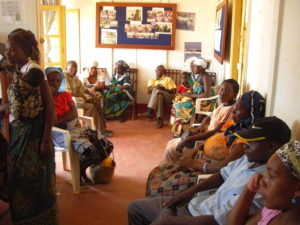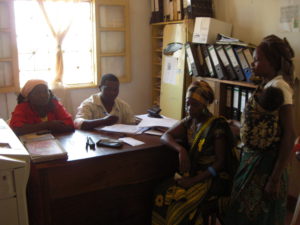This projects studies the relationship between the way in which justice providers articulate with each other in legally plural contexts and access to women’s rights within disputing processes.
Supervision: Prof. Dr. Eva Brems
Researcher: Dr. Giselle Corradi
Sponsored by BOF (2015-2017)
 Legal pluralism raises a number of challenges and opportunities from the perspective of access to human rights within disputing processes. The existence of multiple options for dispute processing may increase justice seekers’ possibilities to make a human rights claim (whether or not formulated in a human rights discourse). However, not all available justice forums may decide cases in line with international standards. Moreover, the presence of multiple justice forums at the same level may generate jurisdictional confusion, impunity and lack of accountability. In other words, legal pluralism may enable or constrain access to human rights, not only due to the content of the different norms at play, but also as a result of its ‘structure’, i.e. the way in which multiple justice providers articulate with each other.
Legal pluralism raises a number of challenges and opportunities from the perspective of access to human rights within disputing processes. The existence of multiple options for dispute processing may increase justice seekers’ possibilities to make a human rights claim (whether or not formulated in a human rights discourse). However, not all available justice forums may decide cases in line with international standards. Moreover, the presence of multiple justice forums at the same level may generate jurisdictional confusion, impunity and lack of accountability. In other words, legal pluralism may enable or constrain access to human rights, not only due to the content of the different norms at play, but also as a result of its ‘structure’, i.e. the way in which multiple justice providers articulate with each other.
This affects different groups of people in different ways, the gender of the justice seeker being a critical element in determining her ability to navigate such legal plurality to her advantage. Because they have less power, women are generally worse off: they have less financial resources and legal knowledge, while they are under pressure from patriarchal family and societal structures.
The goal of this research is twofold. At the empirical level, it identifies, documents and analyses: the factors leading to different forms of articulation between justice providers, how women cope with them, and the opportunities and barriers that arise as a result of these structures in terms of access to women’s rights. At the normative level, it assesses how these lived realities can inform policy, legislation and development initiatives in the field of legal pluralism and women’s rights.